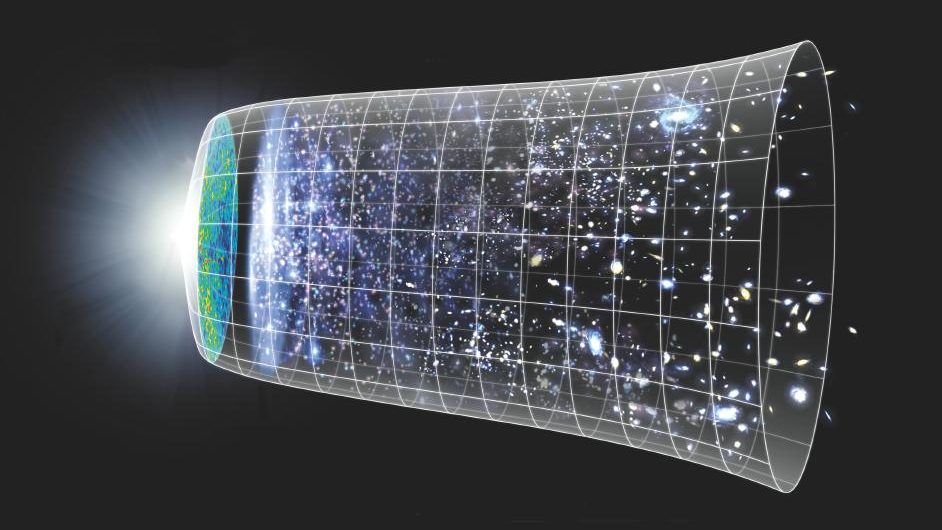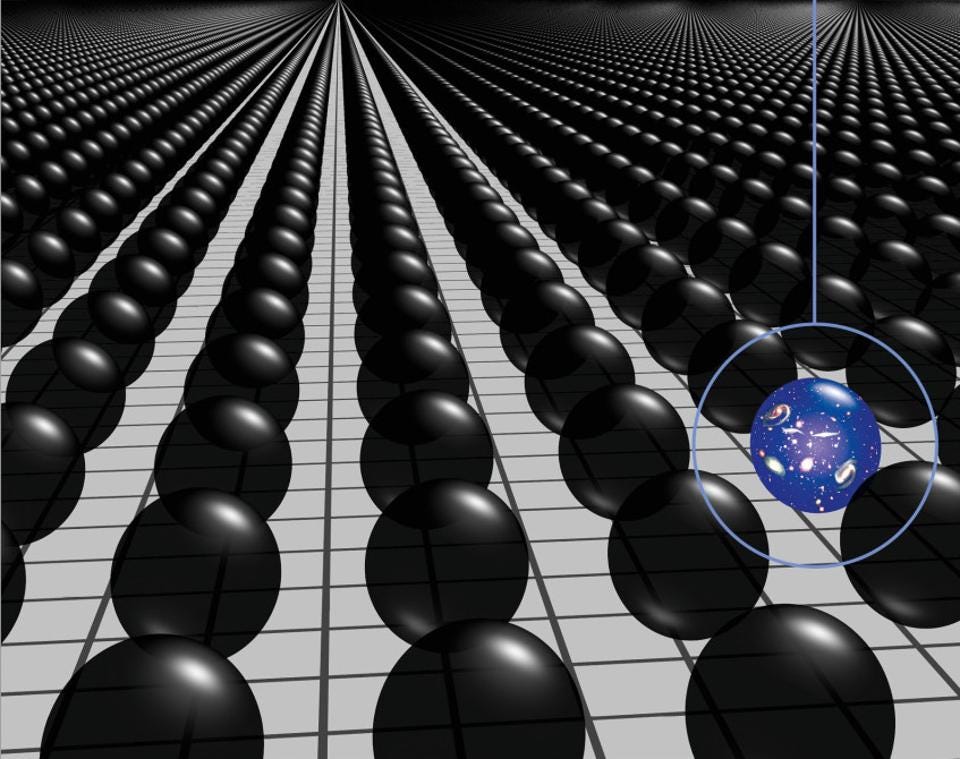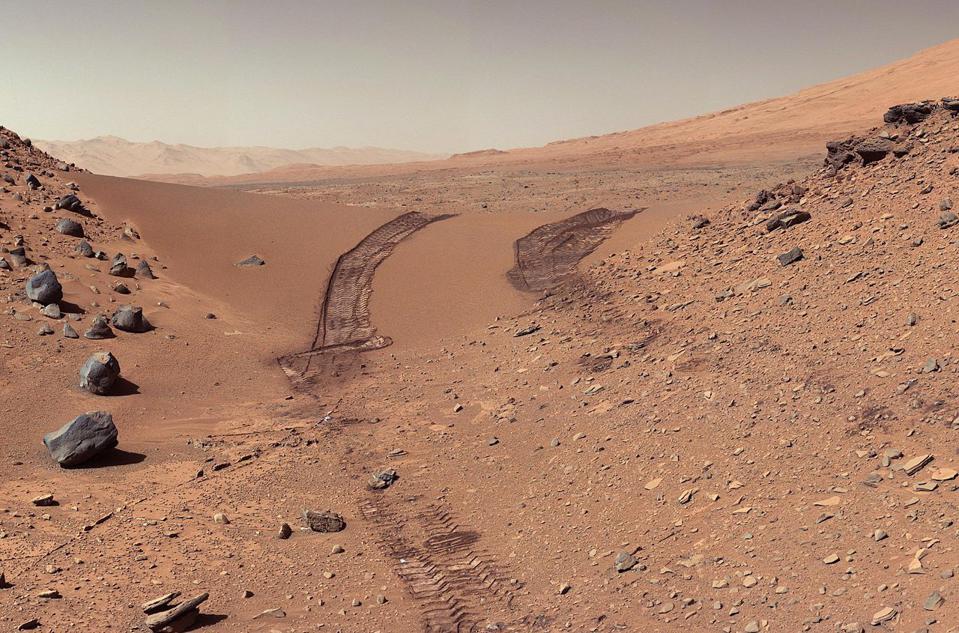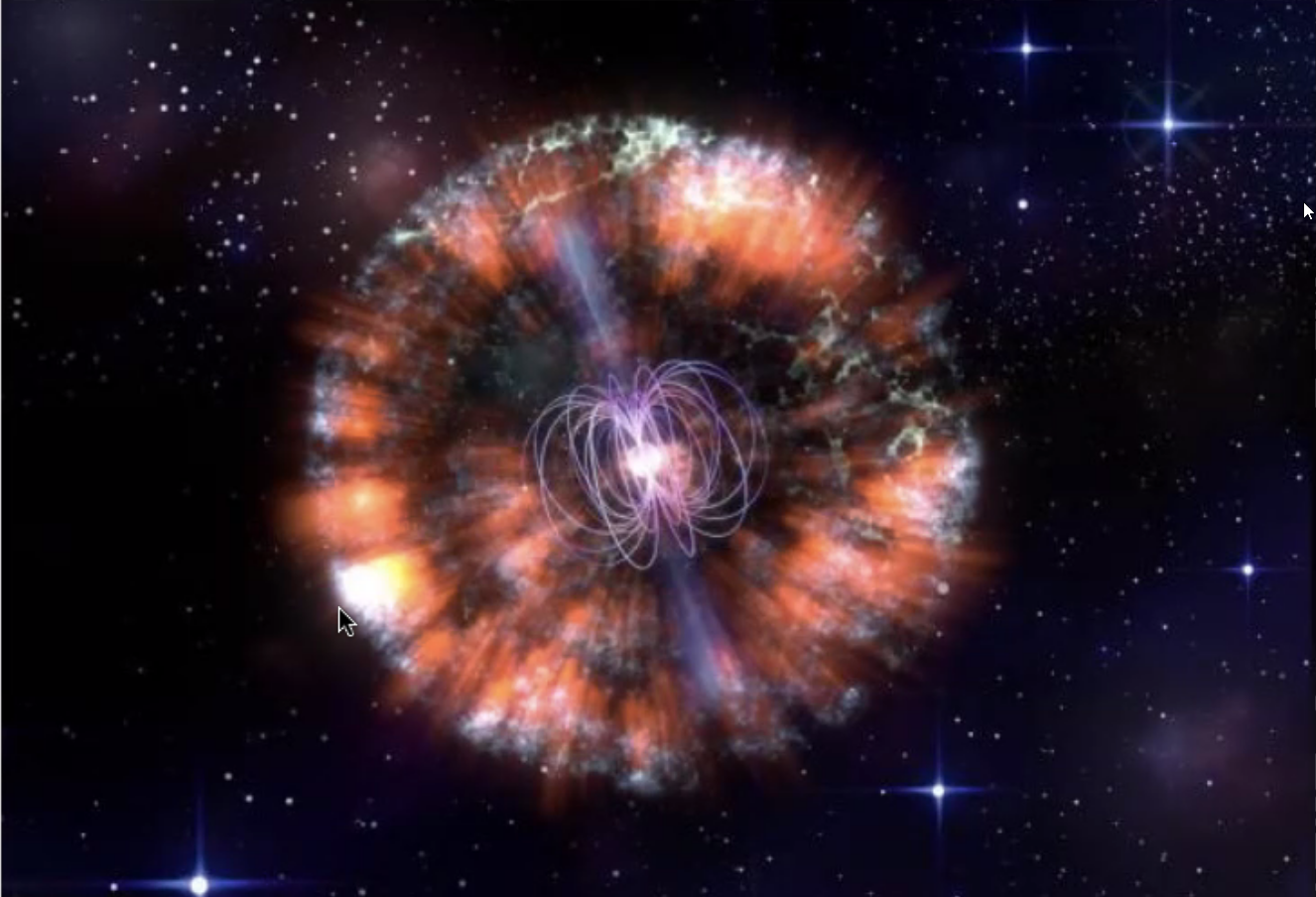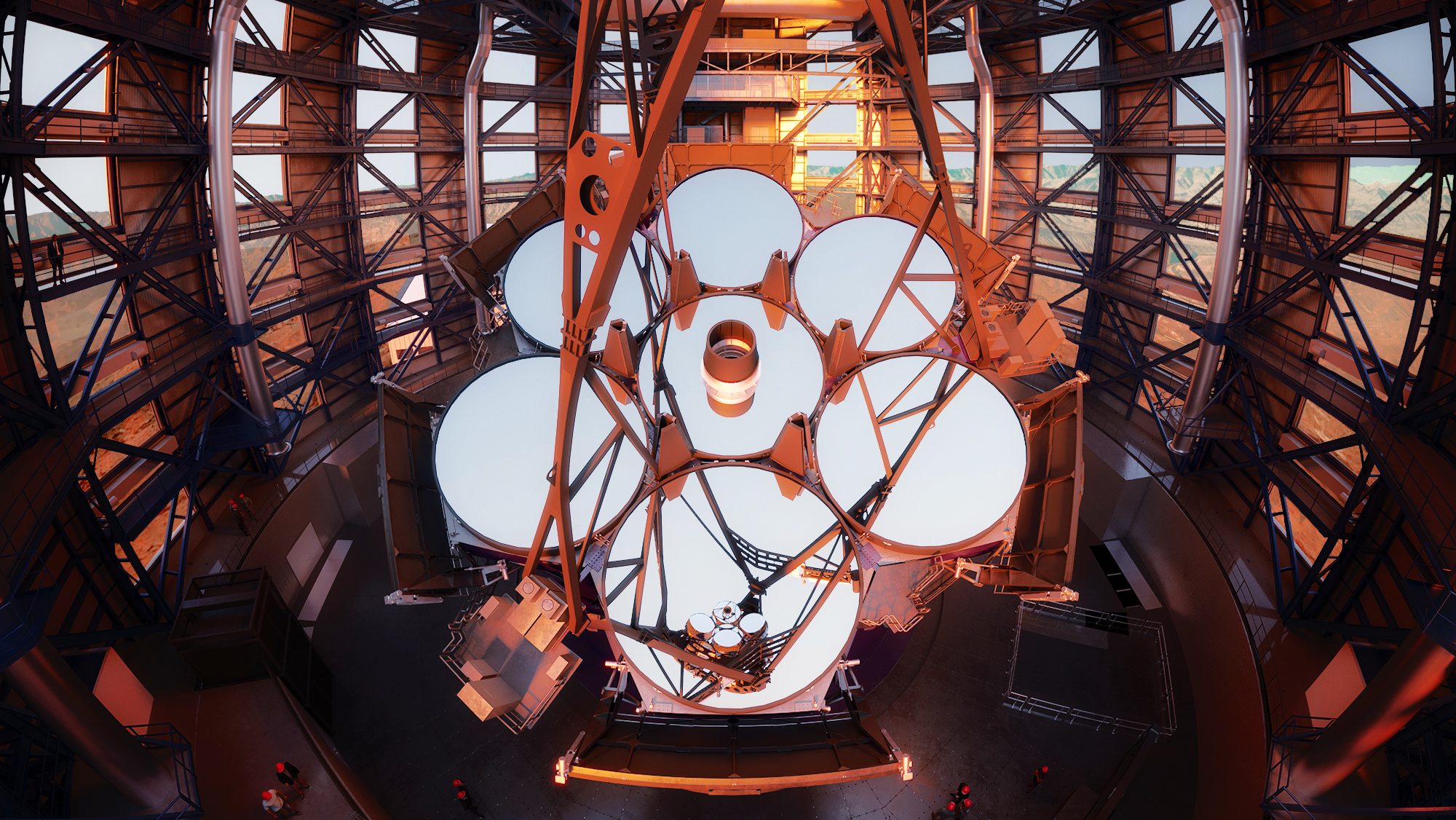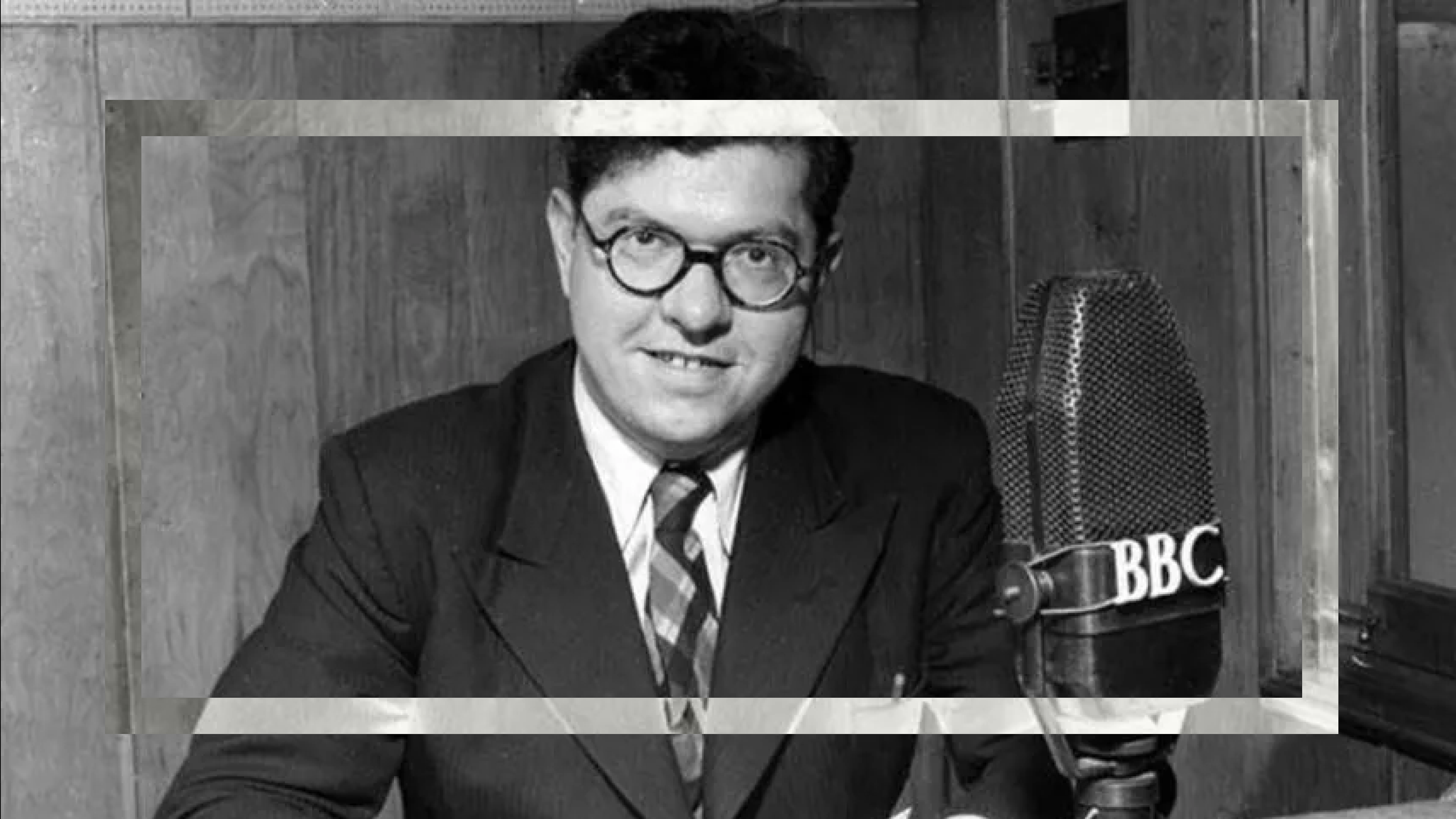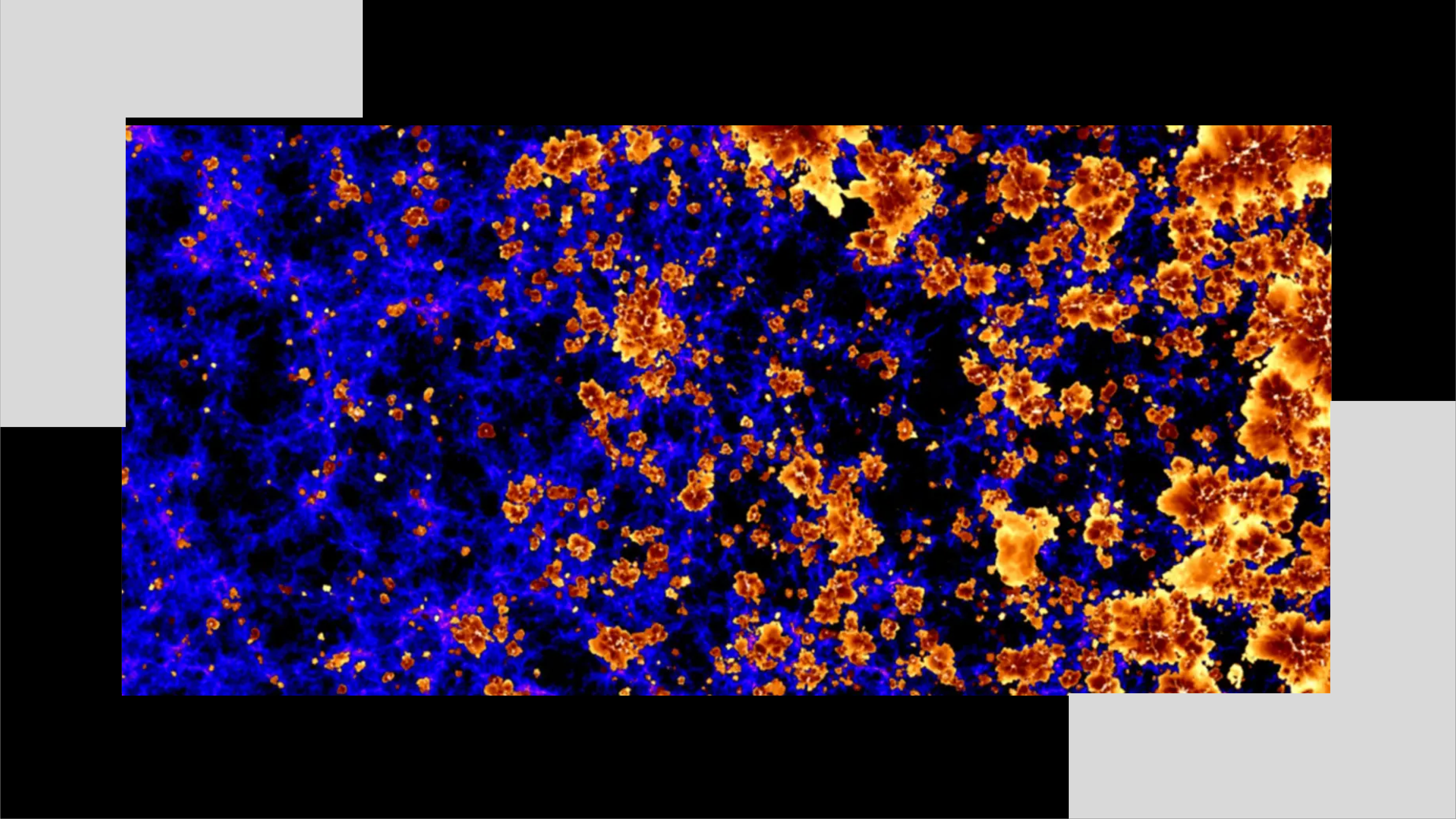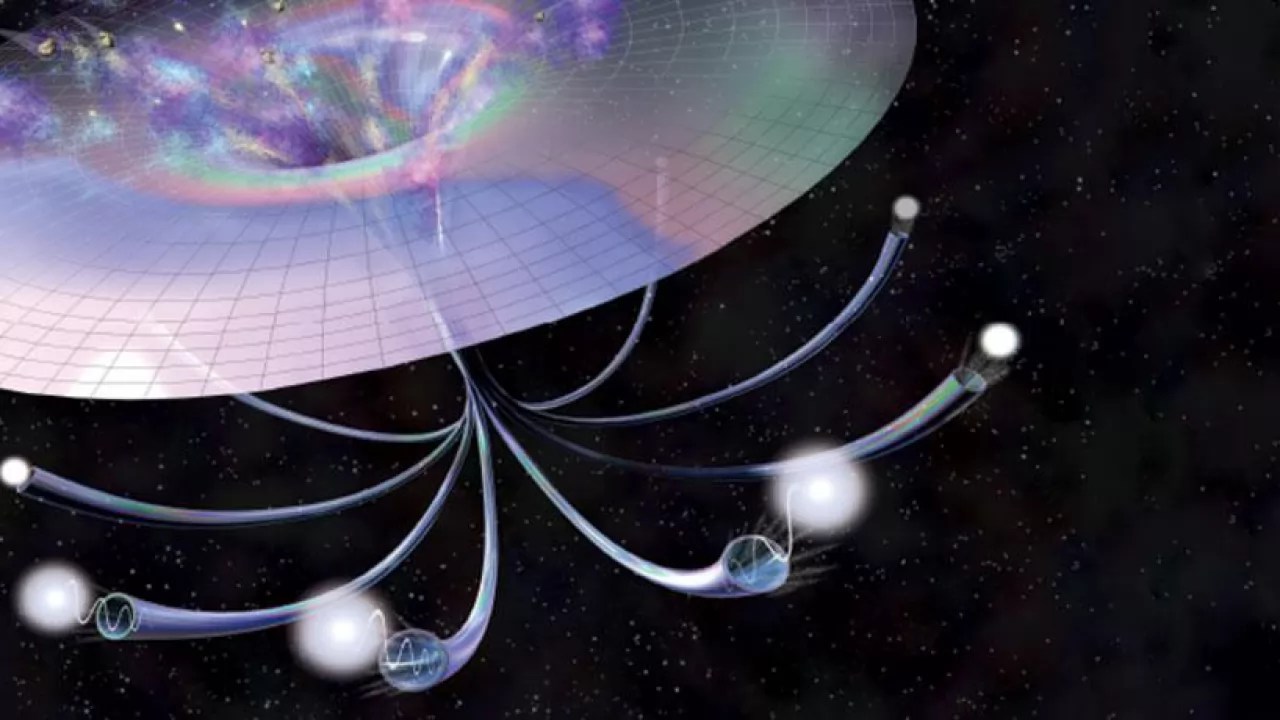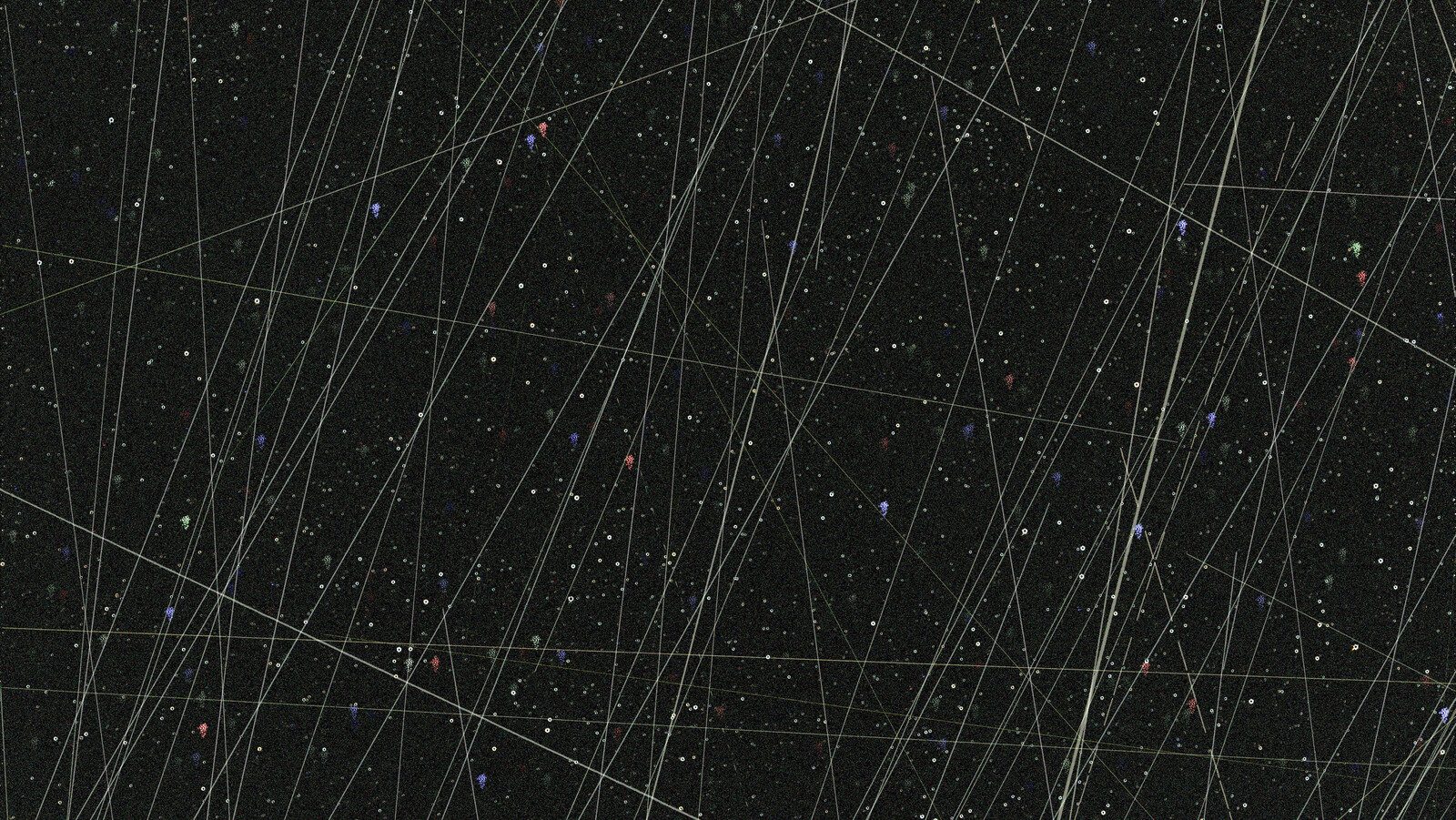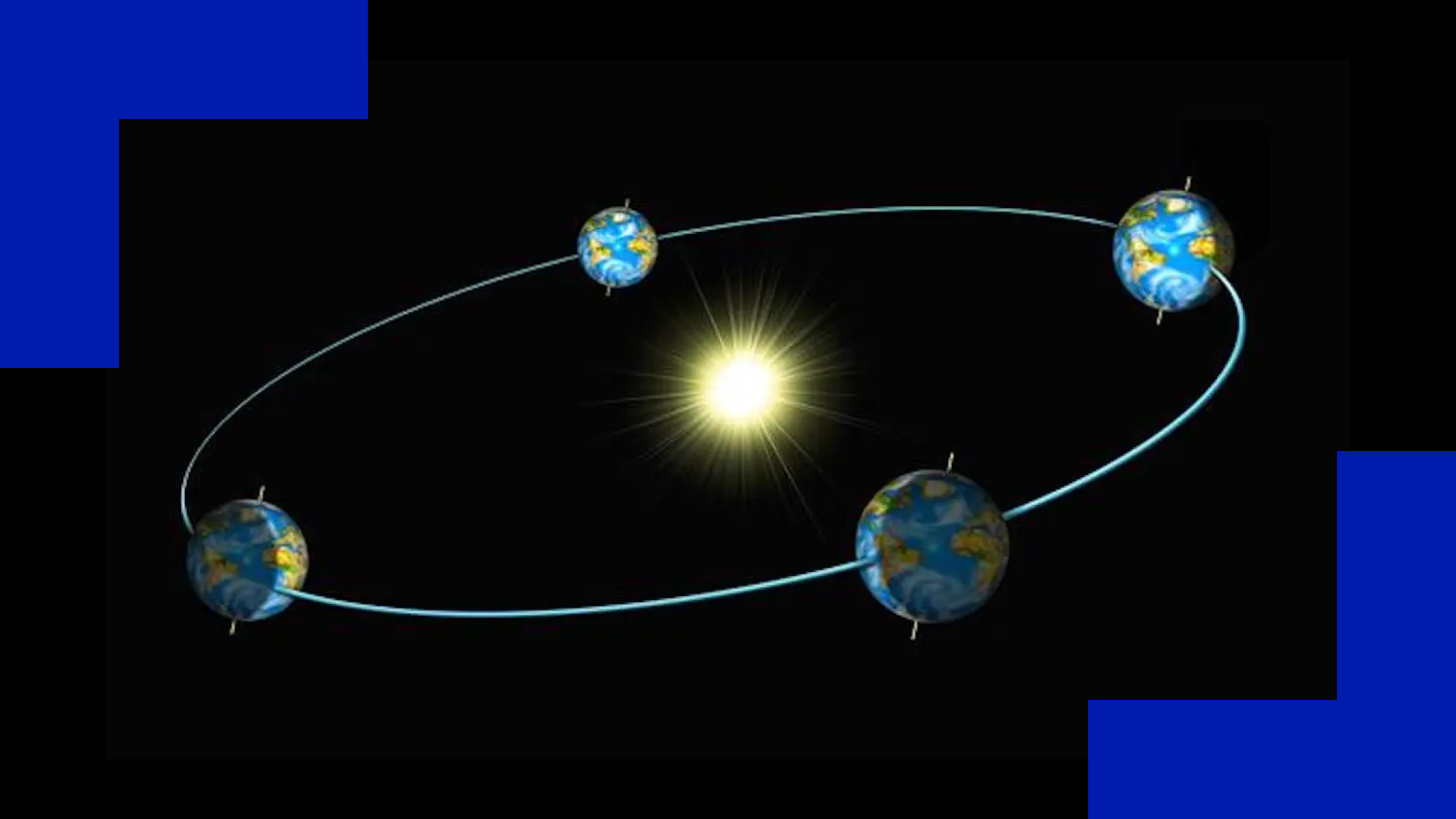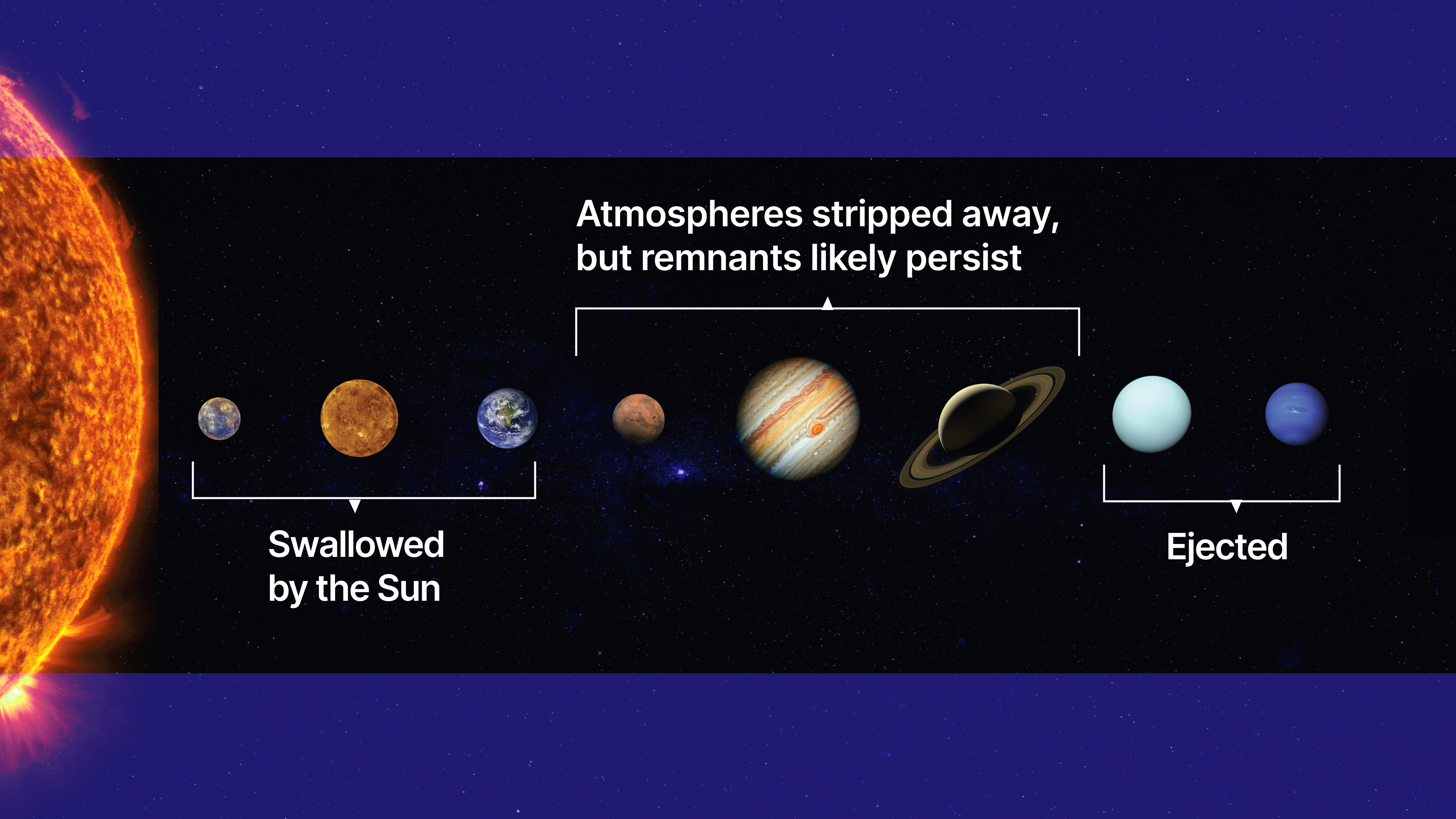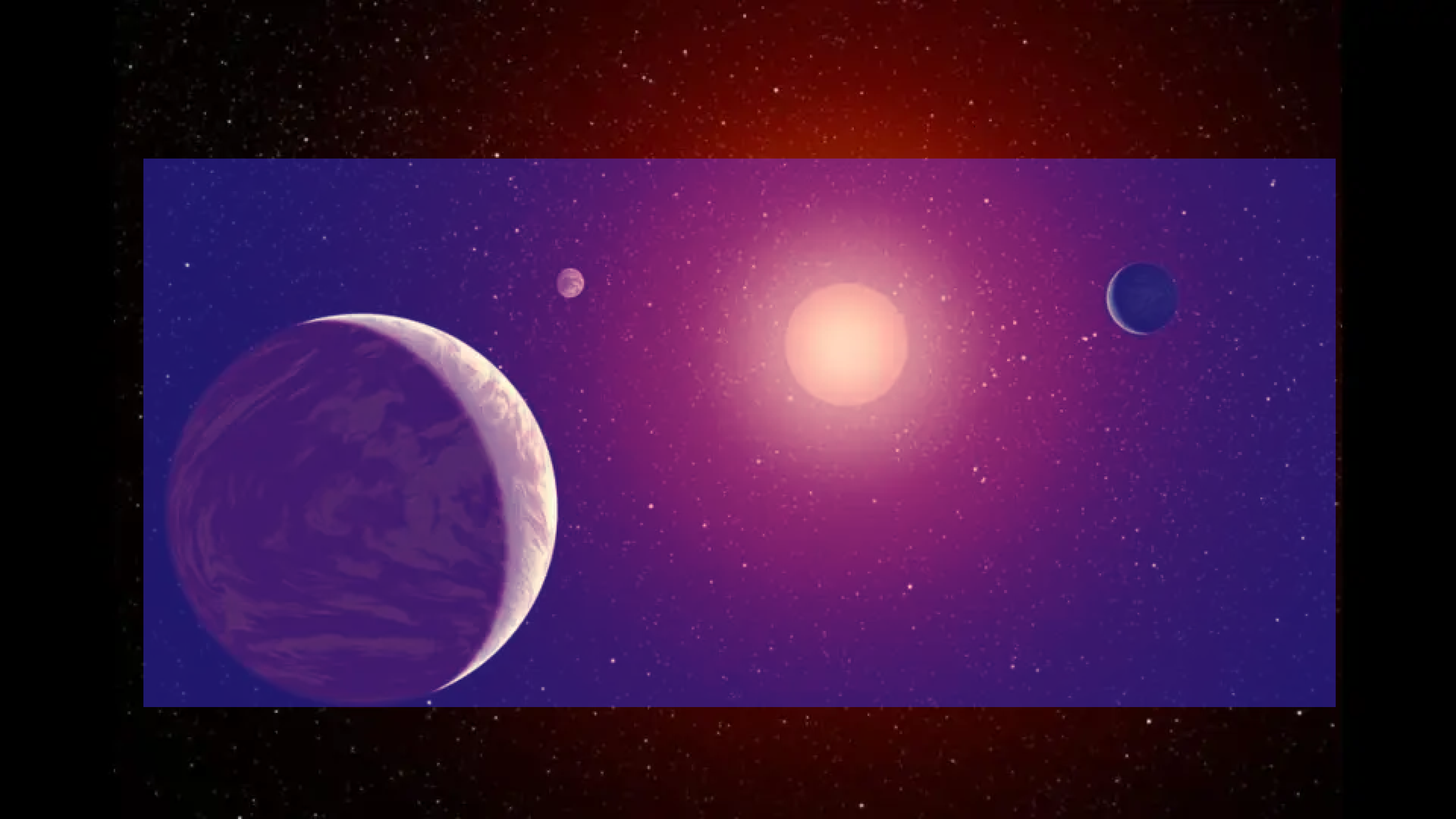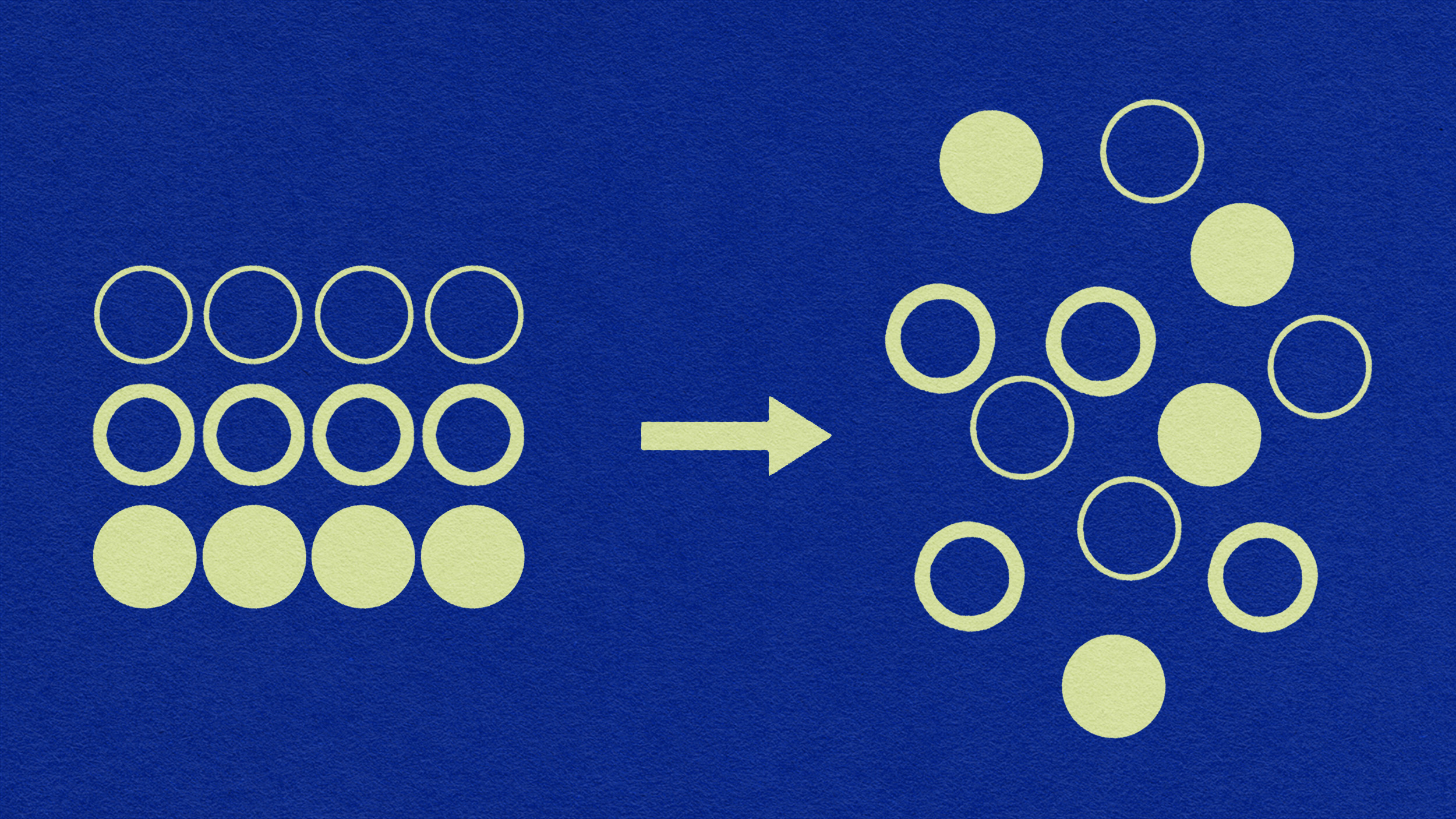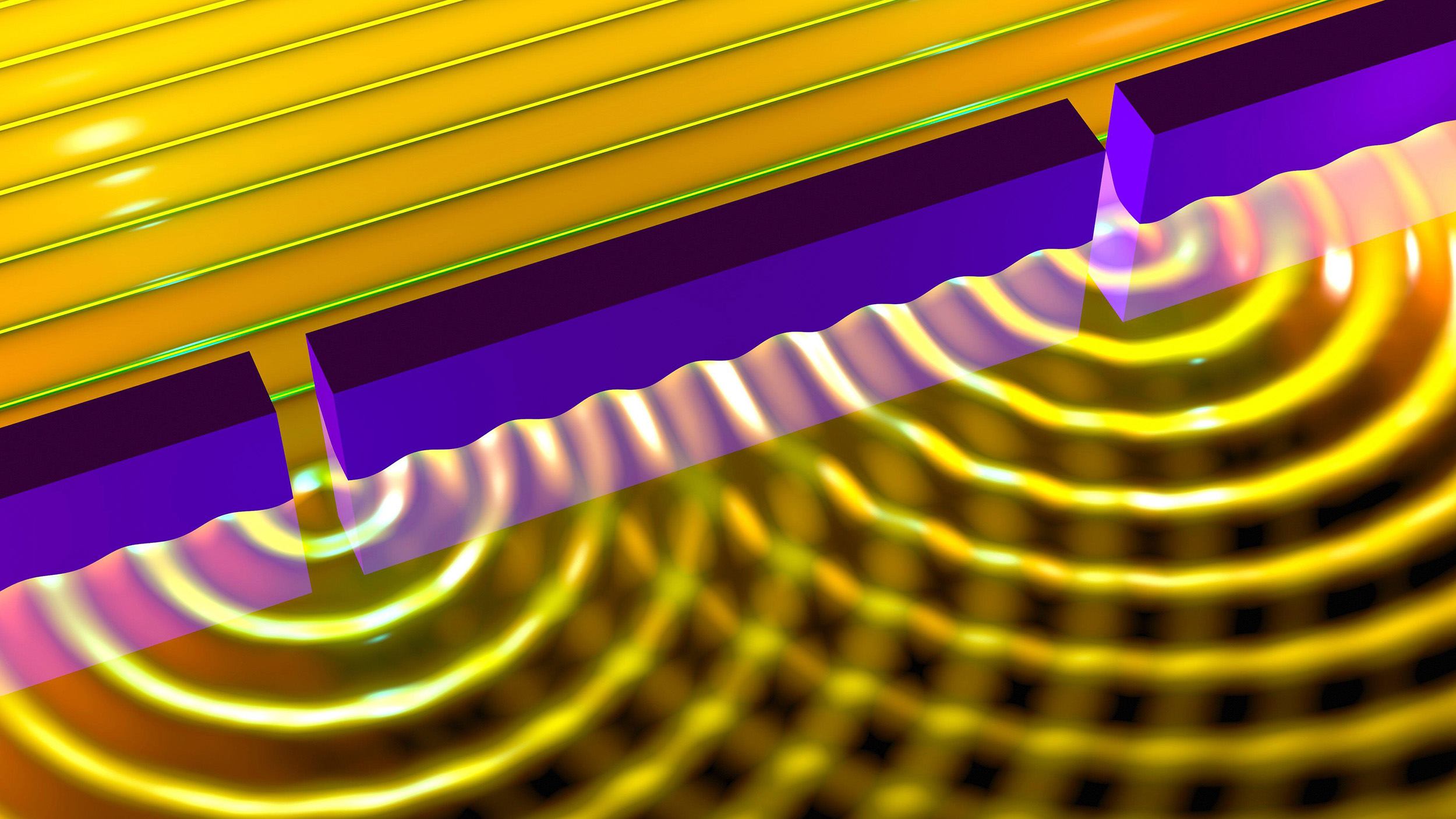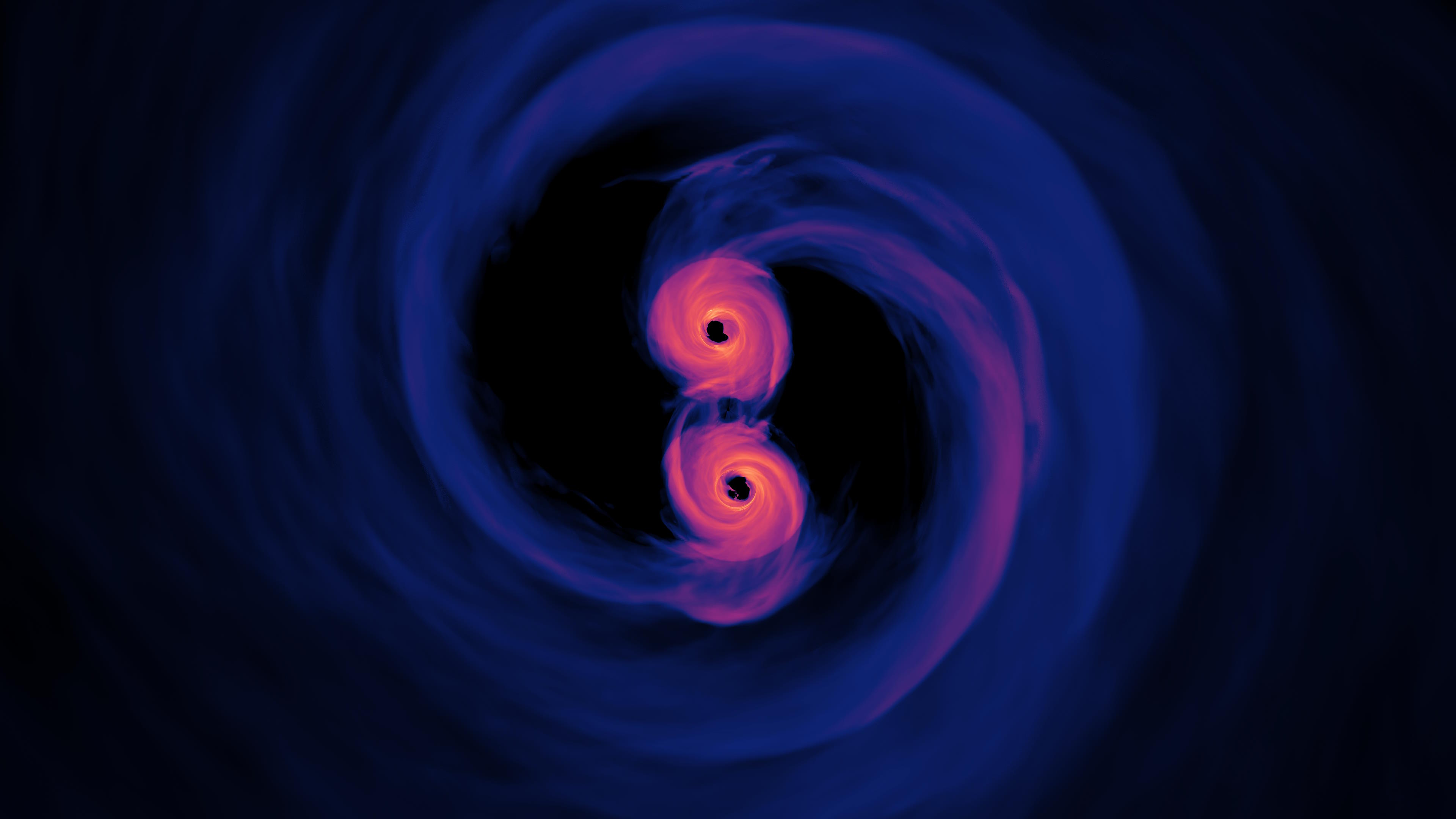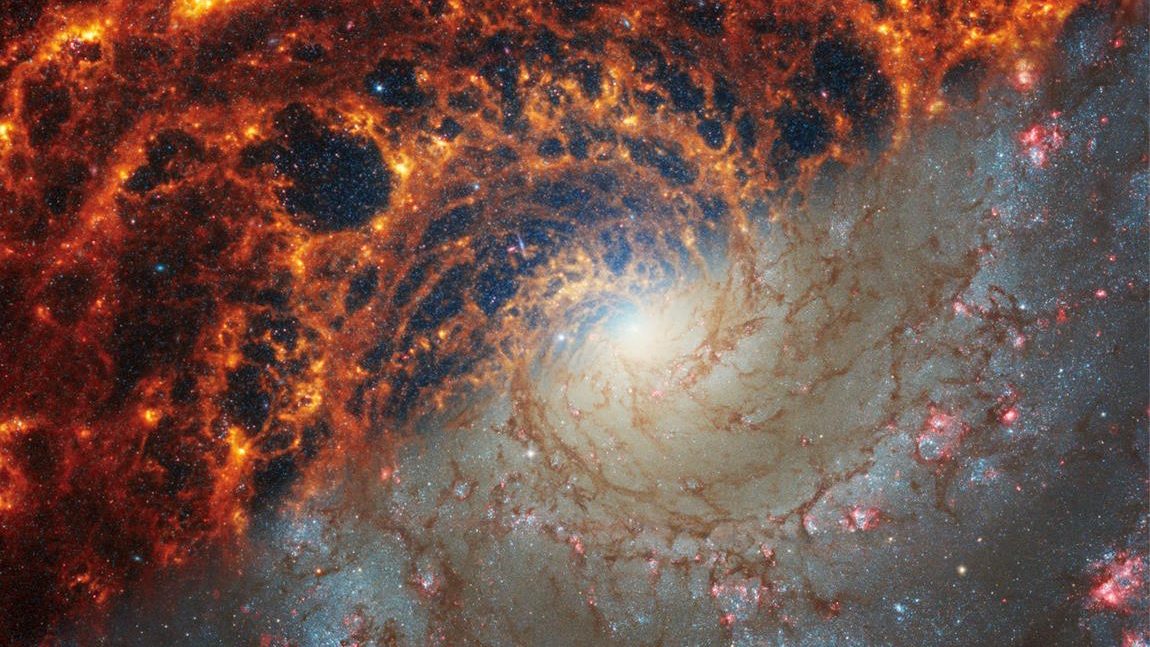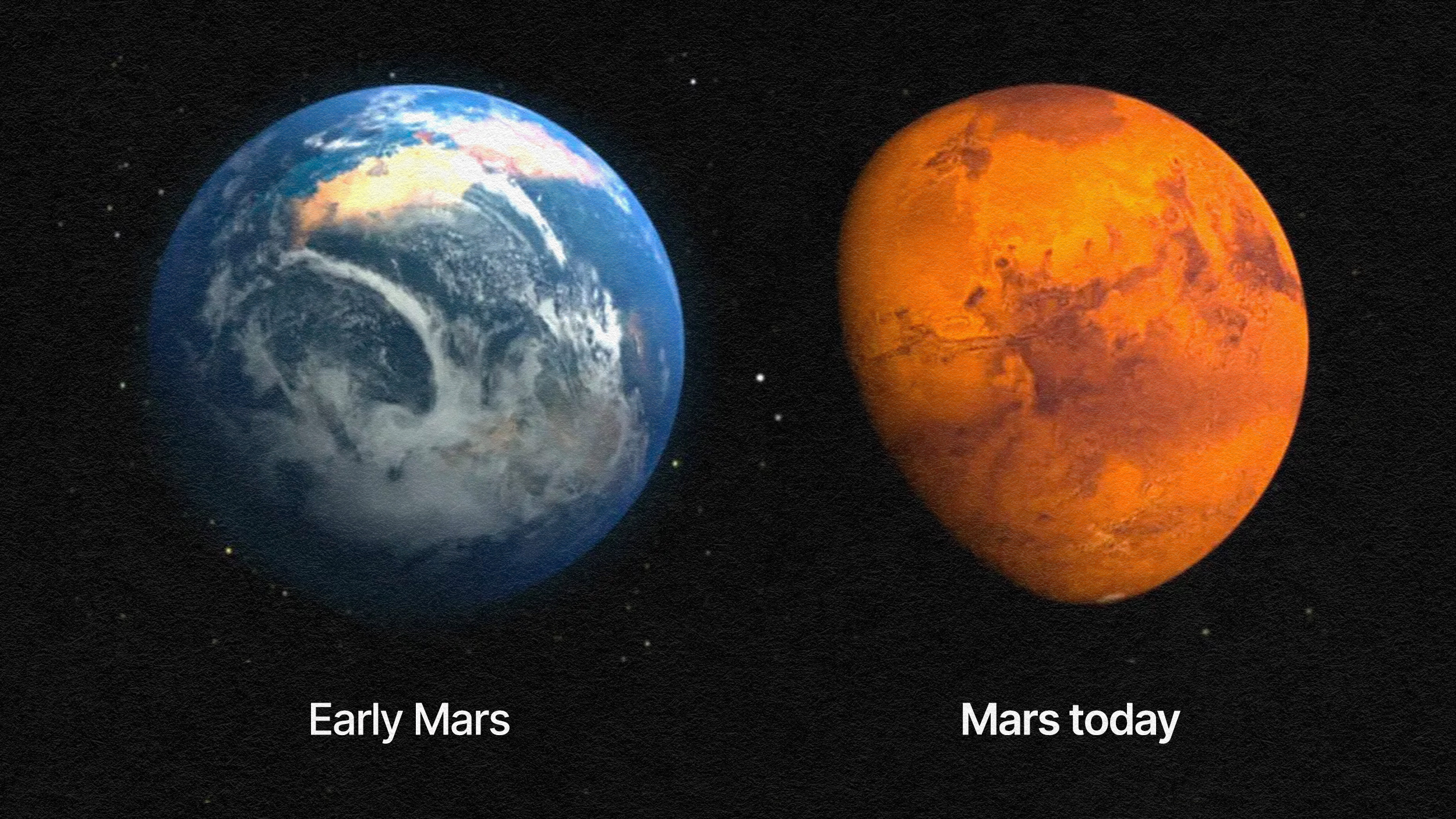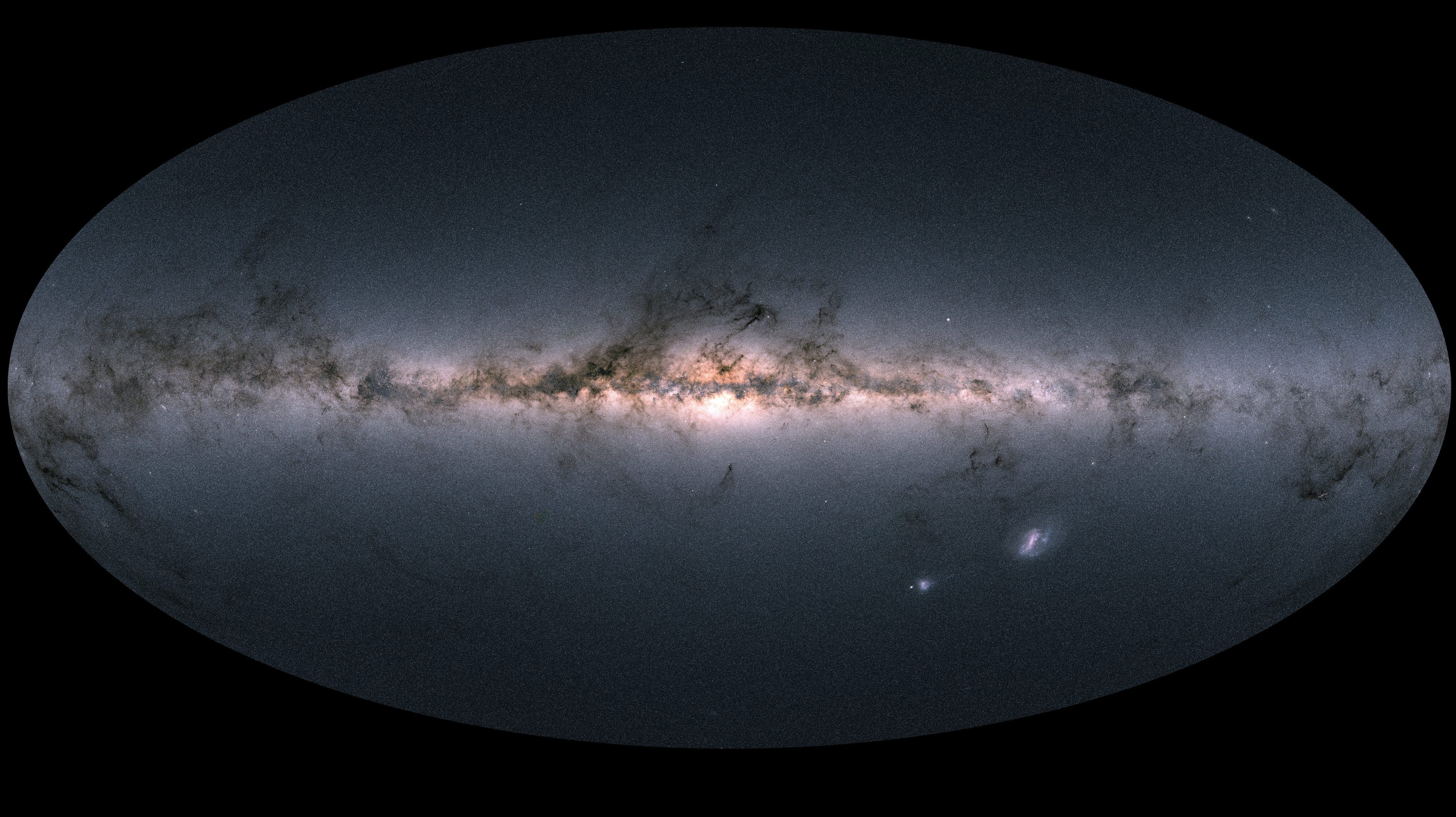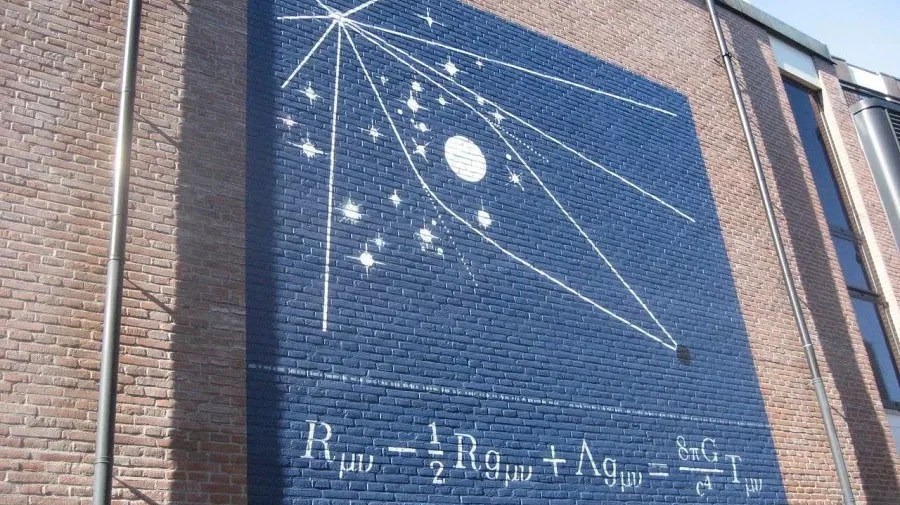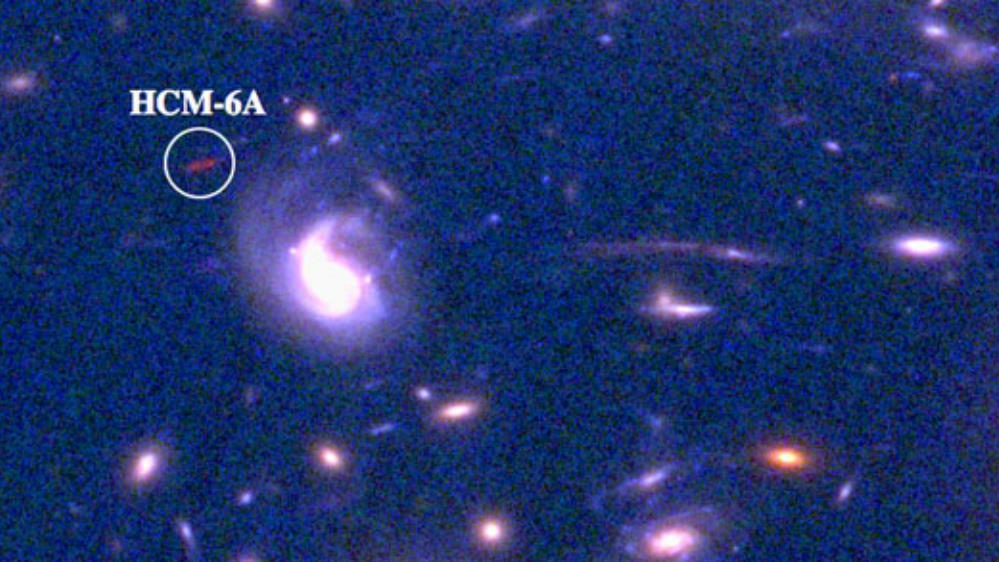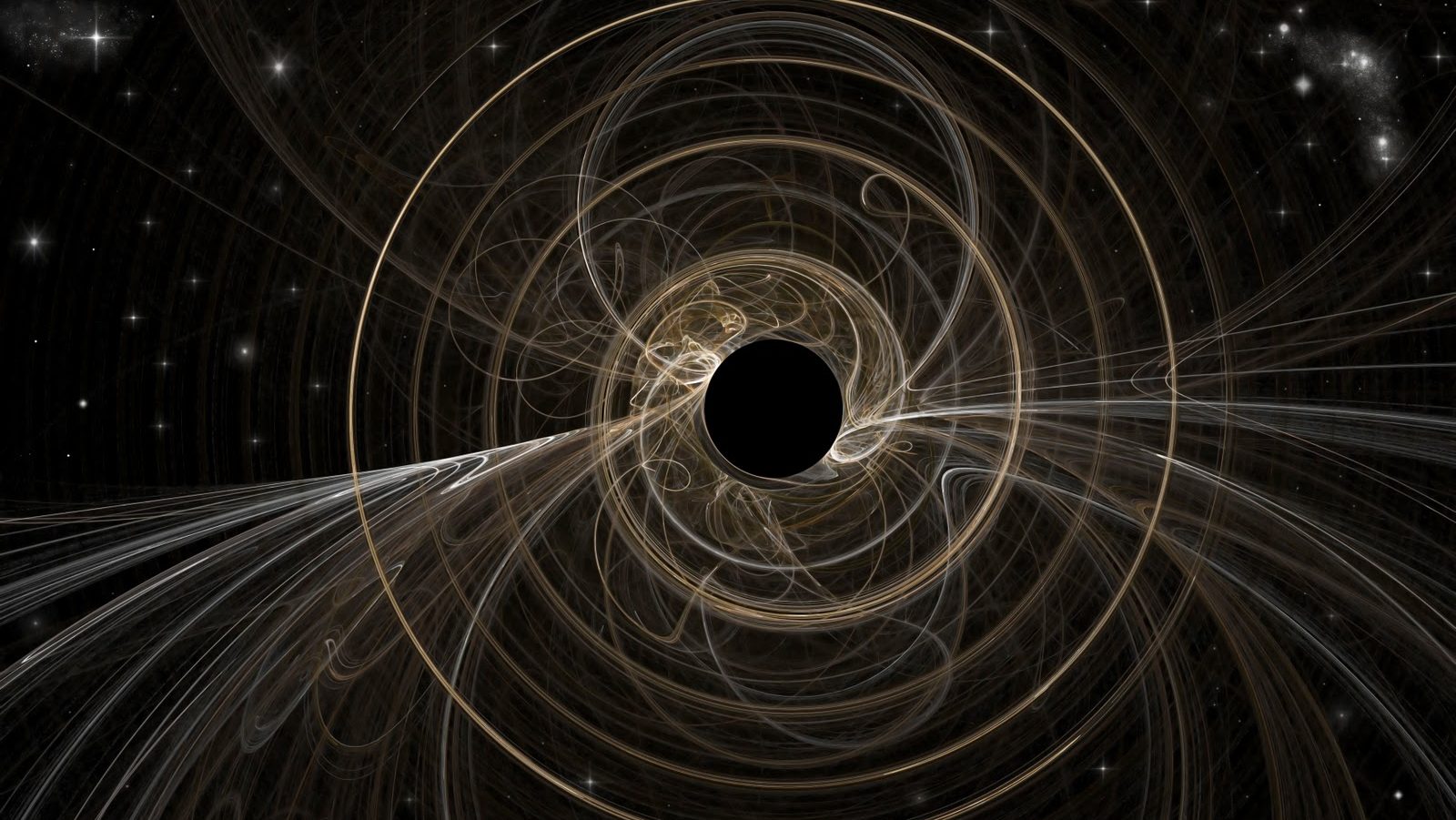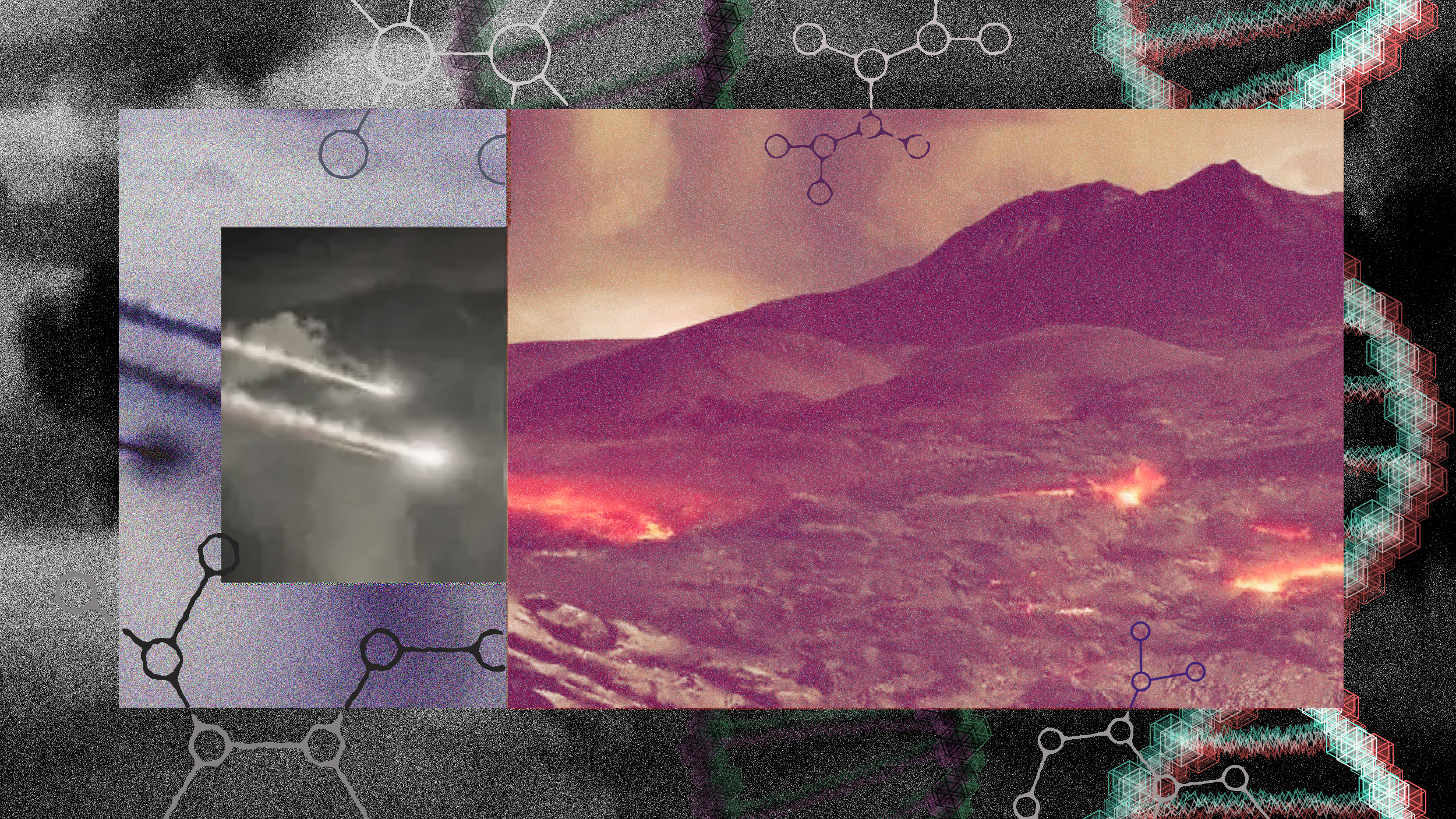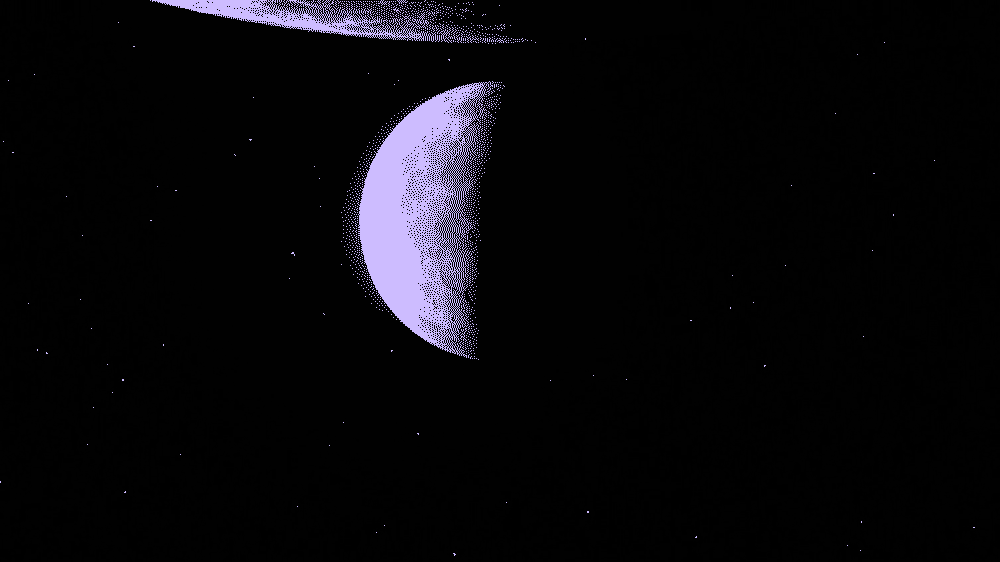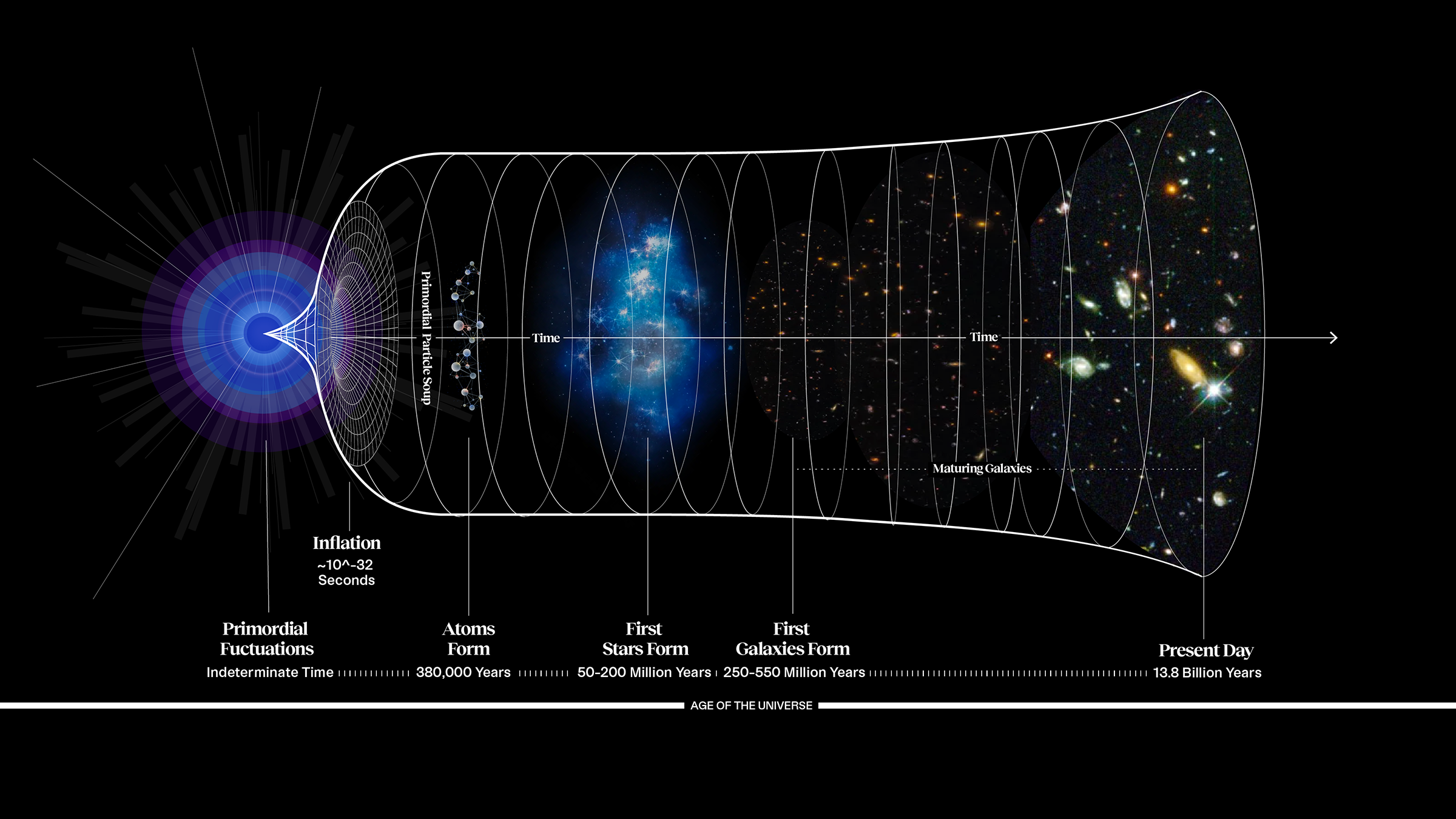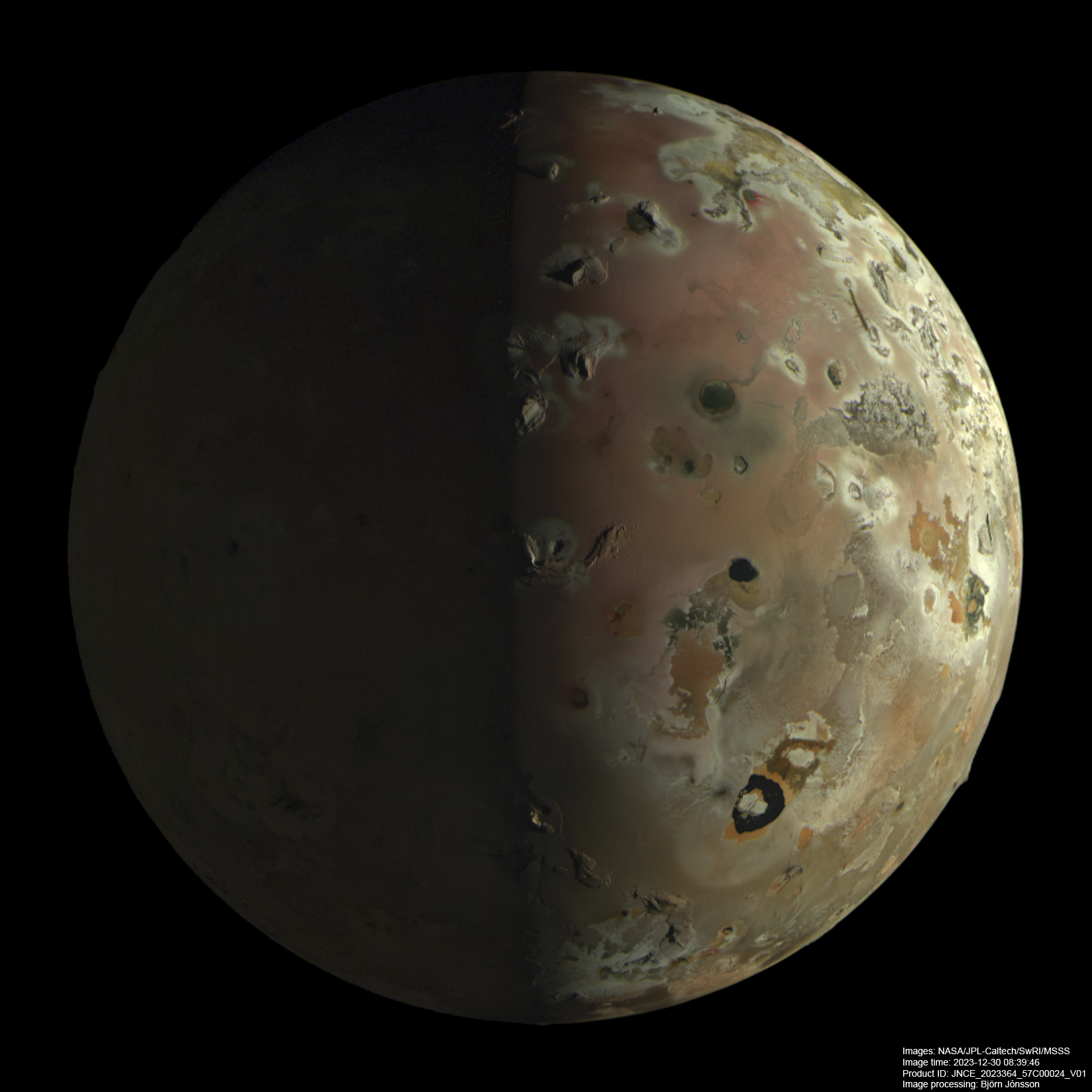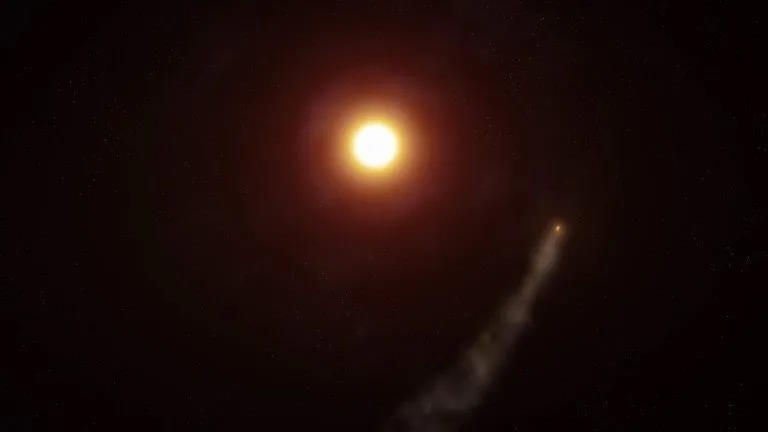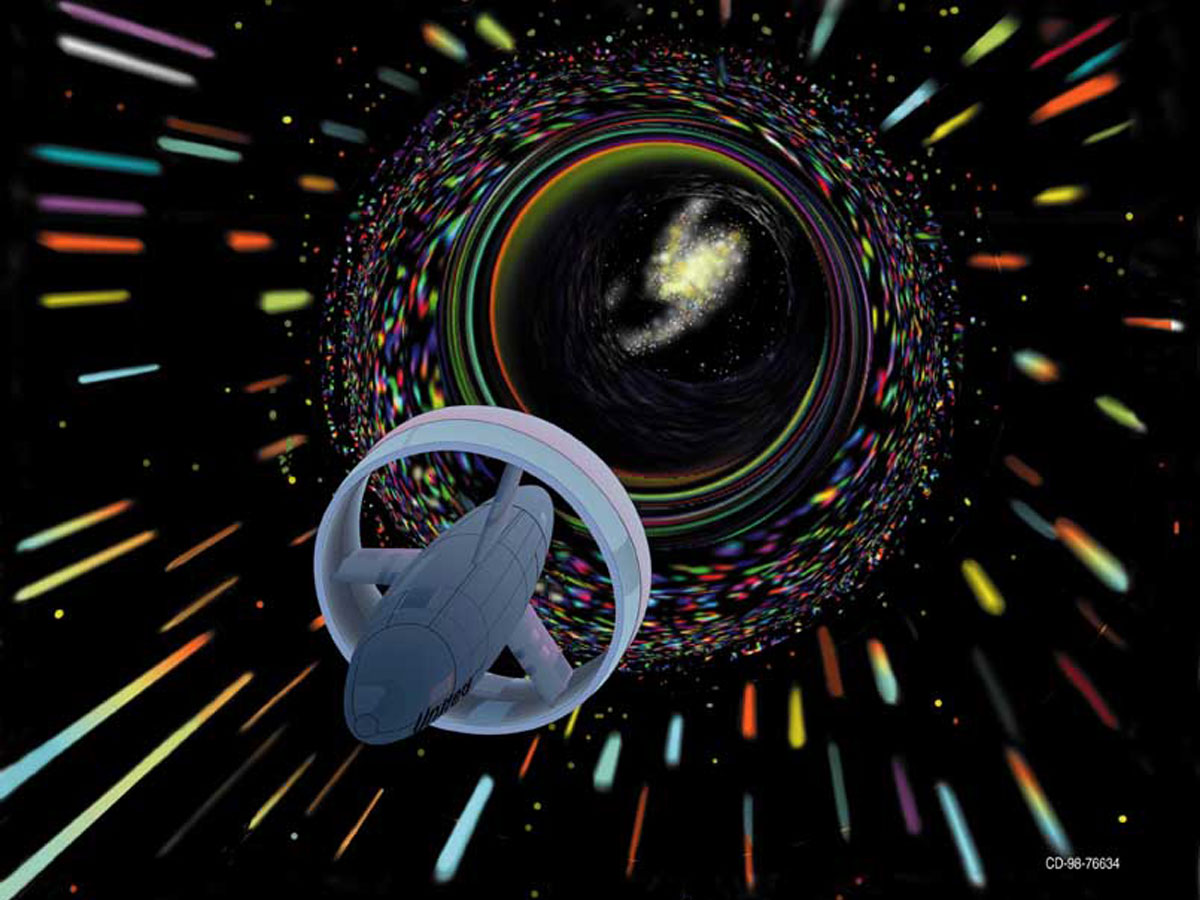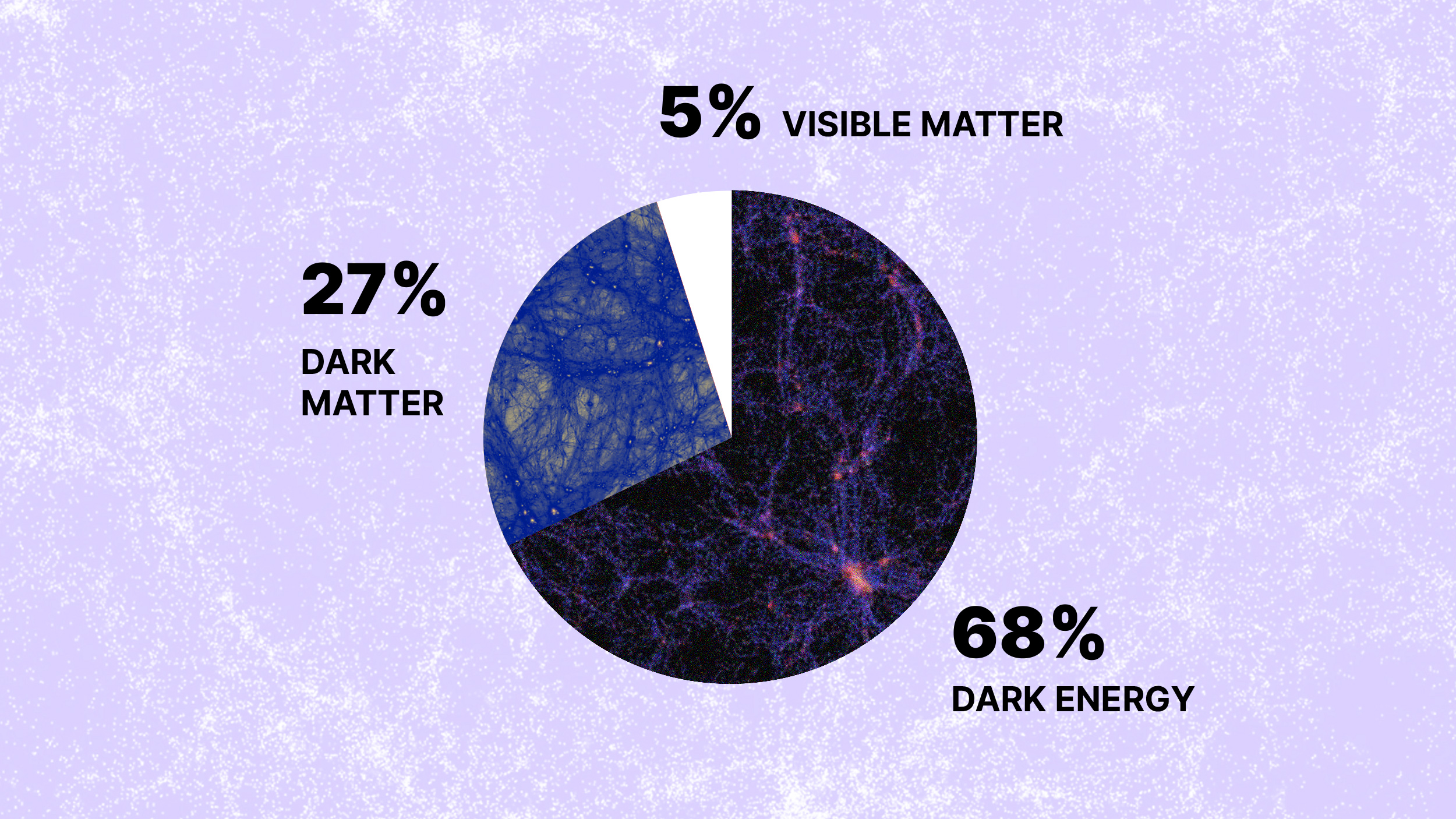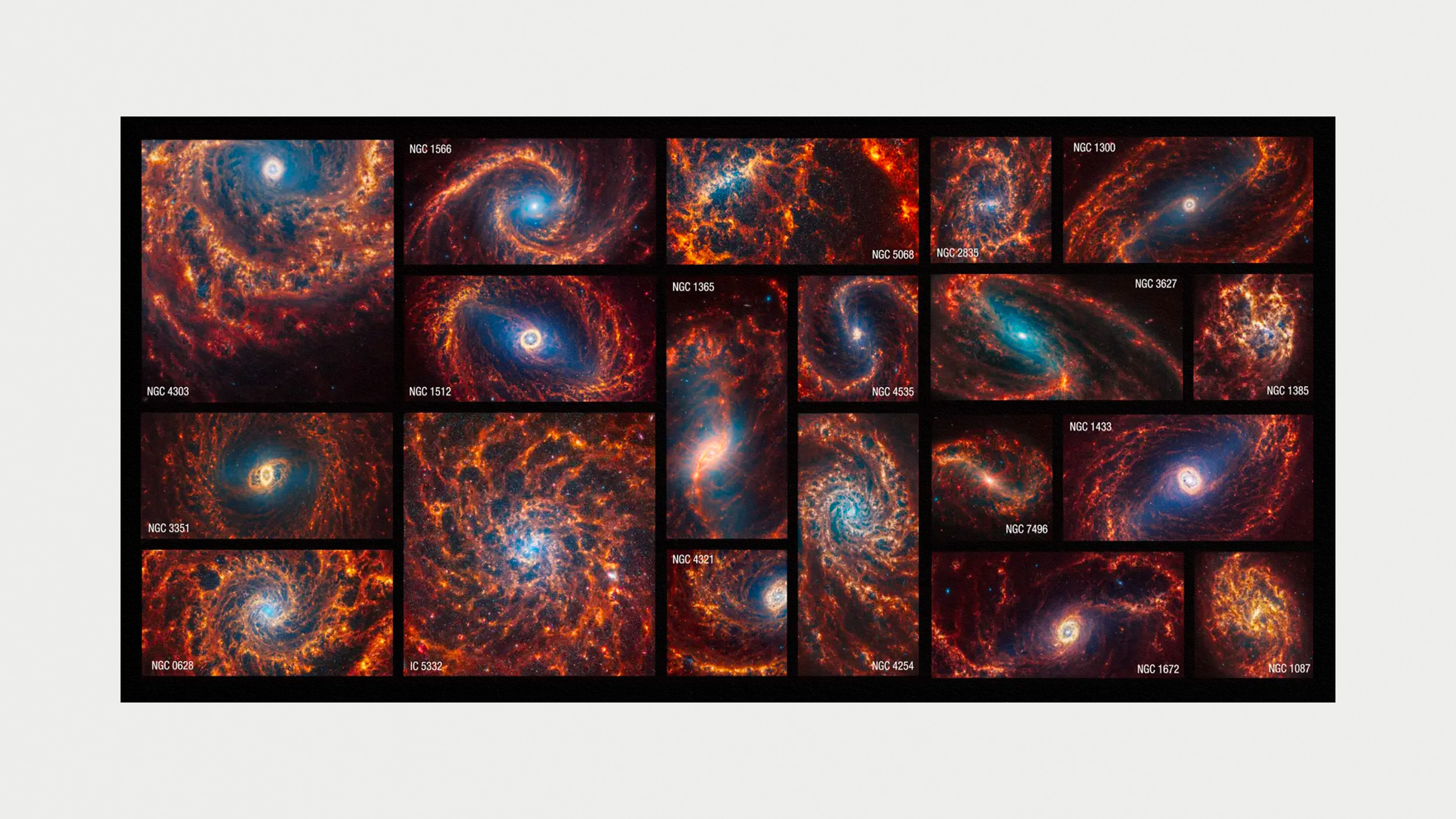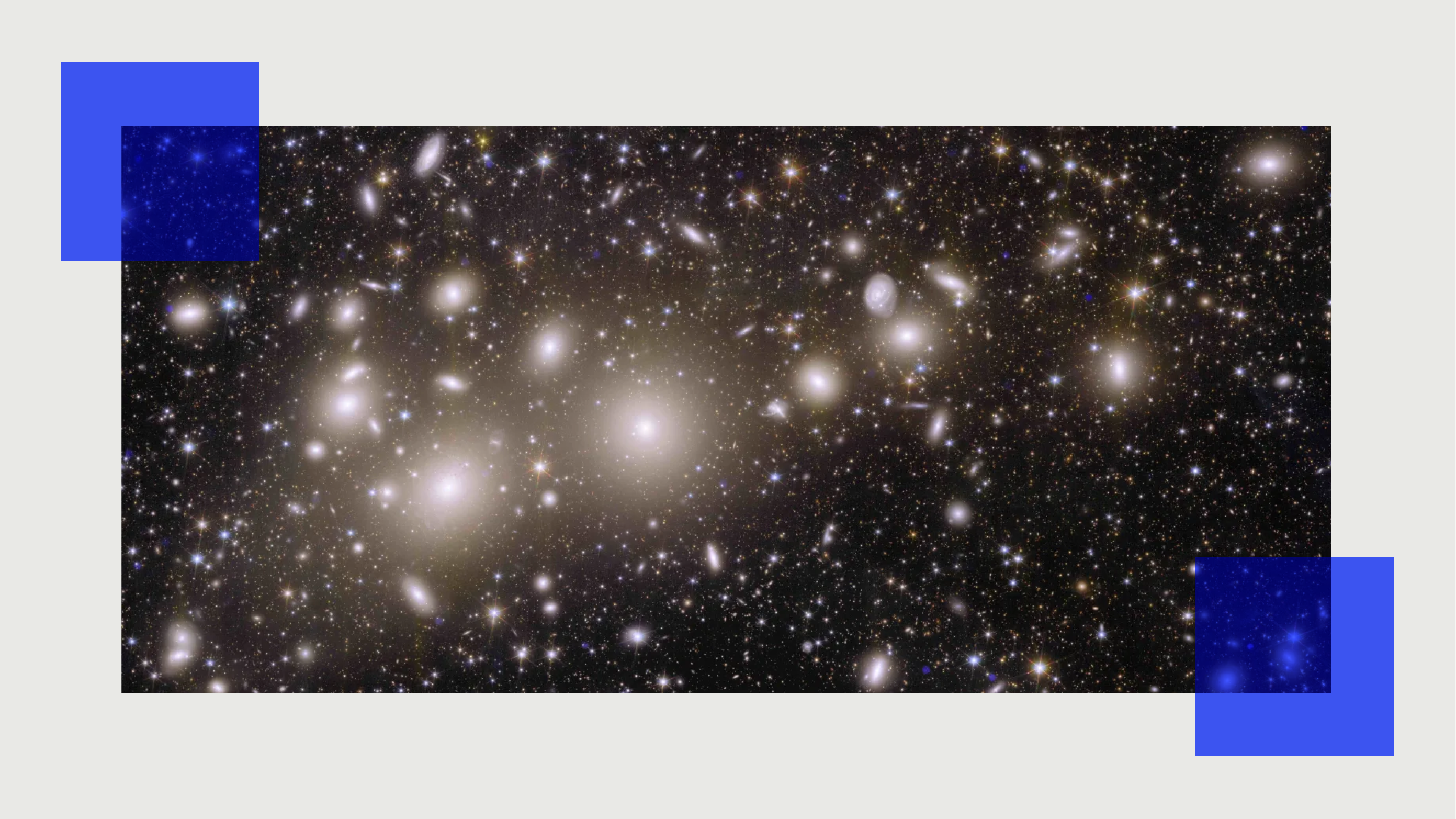
The Universe is out there, waiting for you to discover it.
Our mission: to answer, scientifically, the biggest questions of all.
- What is our Universe made of?
- How did it become the way it is today?
- Where did everything come from?
- What is the ultimate fate of the cosmos?
For countless generations, these were questions without resolutions. Now, for the first time in history, we have scientific answers. Starts With A Bang, written by Dr. Ethan Siegel, brings these stories — of what we know and how we know it — directly to you.
Get Starts With A Bang in your inbox
Featured
Why power generated through nuclear fusion will be the future, but not the present, solution to humanity’s energy needs.
It’s a strange idea to consider: that a tiny building block of matter, the atomic nucleus, holds the greatest potential for energy release.
And yet, it’s true; while electron transitions in atoms or molecules typically release energy on the order of ~1 electron-Volt, nuclear transitions between different configurations release energies a million times as great, on the order of ~1 Mega-electron-Volt.
Popular
From before the Big Bang to the present day, the Universe goes through many eras. Dark energy heralds the final one.
A wild, compelling idea without a direct, practical test, the Multiverse is highly controversial. But its supporting pillars sure are stable.
The surface and atmosphere is colored by ferric oxides. Beneath a very thin layer, mere millimeters deep in places, it’s not red anymore.
The first supernova ever discovered through its X-rays has an enormously powerful engine at its core. It’s unlike anything ever seen.
Just 13.8 billion years after the hot Big Bang, we can see 46.1 billion light-years away in all directions. Doesn’t that violate…something?
All Stories
Ground-based facilities enable the greatest scientific production in all of astronomy. The NSF needs to be ambitious, and it's now or never.
The Multiverse fuels some of the 21st century's best fiction stories. But its supporting pillars are on extremely stable scientific footing.
To Fred Hoyle, the Big Bang was nothing more than a creationist myth. 75 years later, it's cemented as the beginning of our Universe.
JWST has puzzled astronomers by revealing large, bright, massive early galaxies. But the littlest ones pack the greatest cosmic punch.
When cosmic inflation came to an end, the hot Big Bang ensued as a result. If our cosmic vacuum state decays, could it all happen again?
In 1957, humanity launched our first satellite; today's number is nearly 10,000, with 500,000+ more planned. Space is no longer pristine.
Leap day only comes once every four years, including in 2024. But the reason we have it, including when we do and don't, may surprise you.
There are many problems with relying on SAT and ACT scores for college admissions. But removing them entirely creates less opportunity.
For now, our Solar System's eight planets are all safe, and relatively stable. Billions of years from now, everything will be different.
There are plenty of life-friendly stellar systems in the Universe today. But at some point in the far future, life's final extinction will occur.
The second law of thermodynamics tells us that entropy always increases. But that doesn't mean it was zero at the start of the Big Bang.
Everything acts like a wave while it propagates, but behaves like a particle whenever it interacts. The origins of this duality go way back.
So far, gravitational waves have revealed stellar mass black holes and neutron stars, plus a cosmic background. So much more is coming.
Almost every large structure in the Universe displays a 5:1 dark matter-to-normal matter ratio. Here's how some galaxies defy that rule.
Almost everything we can observe and measure follows what's known as a normal distribution, or a Bell curve. There's a profound reason why.
In the early stages of our Solar System, there were three life-friendly planets: Venus, Earth, and Mars. Only Earth thrived. Here's why.
For thousands of years, humanity had no idea how far away the stars were. In the 1600s, Newton, Huygens, and Hooke all claimed to get there.
Although many of Einstein's papers revolutionized physics, there's one Einsteinian advance, generally, that towers over all the rest.
Beyond the planets, stars, and Milky Way lie ultra-distant objects: galaxies and quasars. Here's how far back we've seen throughout history.
It's not about particle-antiparticle pairs falling into or escaping from a black hole. A deeper explanation alters our view of reality.
Although early Earth was a molten hellscape, once it cooled, life arose almost immediately. That original chain of life remains unbroken.
The Earth that exists today wasn't formed simultaneously with the Sun and the other planets. In some ways, we're quite a latecomer.
The Universe didn't begin with a bang, but with an inflationary "whoosh" that came before. Here are the biggest questions that still remain.
NASA's Juno mission, in orbit around Jupiter, occasionally flies past its innermost large moon: Io. The volcanic activity is unbelievable.
As planets with too many volatiles and too little mass orbit their parent stars, their atmospheres photoevaporate, spelling doom for some.
Without wormholes, warp drive, or some type of new matter, energy, or physics, everyone is limited by the speed of light. Or are they?
It took 9.2 billion years of cosmic evolution before our Sun and Solar System even began to form. Such a small event has led to so much.
Early on, only matter and radiation were important for the expanding Universe. After a few billion years, dark energy changed everything.
Stars are born, live, and die within the spiral arms of galaxies like the Milky Way. These 19 JWST spirals deliver unprecedented riches.
If our Milky Way were located in the Virgo cluster instead of the Local Group, chances are we'd already be a "red and dead" galaxy.




